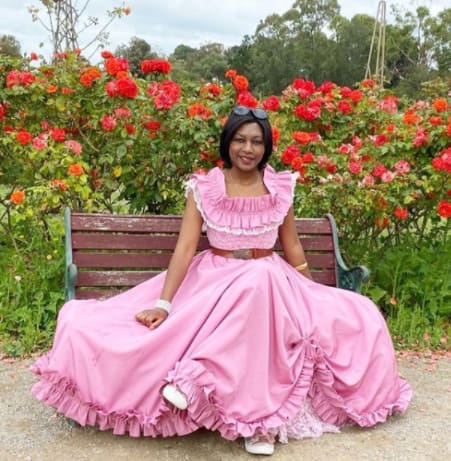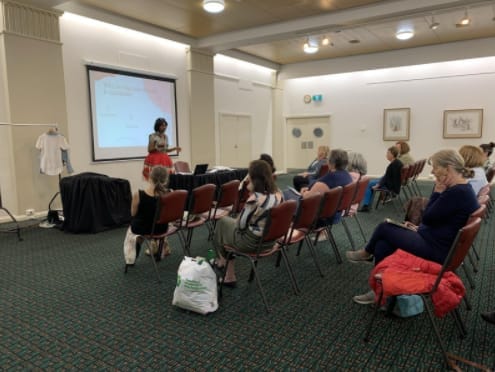Consumers urged to avoid fast fashion as a quick fix for low self esteem
Mindless consumption of fast fashion is taking a toll on people’s self-esteem, causing the fashion industry to become the second most polluting industry in the world.

BY SOHANI GOONETILLAKE
Mindless consumption of fast fashion is taking a toll on people’s self-esteem and has led to the fashion industry becoming the second most polluting industry in the world, according to new studies.
Research suggests consumers find it difficult to break the fast fashion cycle due to their insecurities and low self-esteem, as fast fashion provides endless opportunities to shop and redefine oneself.
A recent study by Iowa State University suggested buying more distracted people from feelings of unworthiness and inadequacy.
Deakin University Student and slow fashion enthusiast Bonnie Hodge understands the feeling of inadequacy all too well.
“When I went to university I felt like the girls there had better fashion taste than me, and were better than me, and I felt like I didn’t fit in with the culture in Melbourne,” Ms Hodge said.
“We’re all bombarded with the images from social media, and it feels like I’m falling behind if I don’t subscribe to fast fashion.”

Unfortunately, this insatiable desire for fashion is leading to overconsumption.
The Pulse of the Fashion Industry Report estimated global apparel consumption will escalate from 62 million tons in 2017 to 102 million tons in 2030.
Eco stylist and sustainable fashion advocate Nina Gbor is committed to helping people “get off the fashion trend-mill” - a phrase she coined.
Ms Gbor said a holistic approach is necessary to challenge throwaway culture, as sustainable fashion intersects with just about everything, including consumer psychology.
She encouraged consumers to let their individuality guide their fashion choices, instead of fashion trends.
“It’s important for us to know who we are as individuals and then buy clothes that speak to us. When we do that, there’s less waste,” Ms Gbor said.

Through her restyling workshops and advocacy work, Ms Gbor is providing practical advice on how to reduce impulse buying by reimagining existing wardrobes.
“The most sustainable thing is what’s in your wardrobe already,” she said.
According to Clean up Australia, the average person only wears 40 per cent of their clothes.
“Look at ways of restyling garments you already have, which means using one garment in multiple ways for multiple types of occasions,” Ms Gbor said.

Ms Gbor uses her skills as a stylist to inspire people to play around with their own wardrobe and feel confident in a sustainable way.
“I want to give women the confidence to wear what makes them happy and what looks good on them.”
Ms Gbor said making discerning choices about what to purchase and reimagining your wardrobe was both sustainable and empowering.
Consumers are increasingly choosing to buy more sustainably, with nearly half of fast fashion retailers reporting a decrease in customer purchases in 2020.





